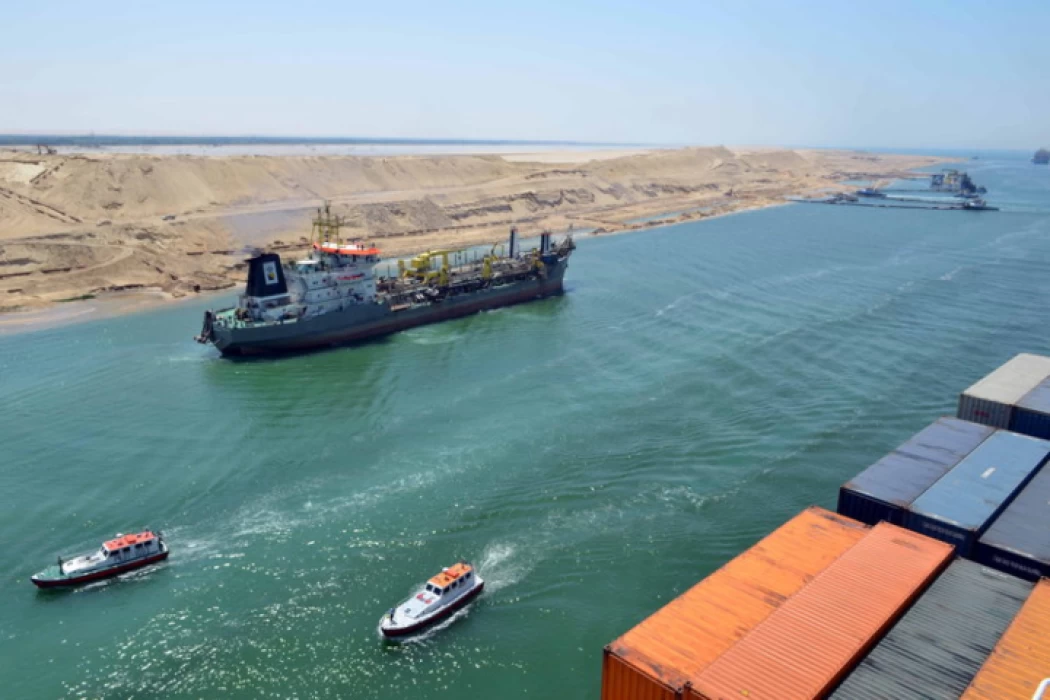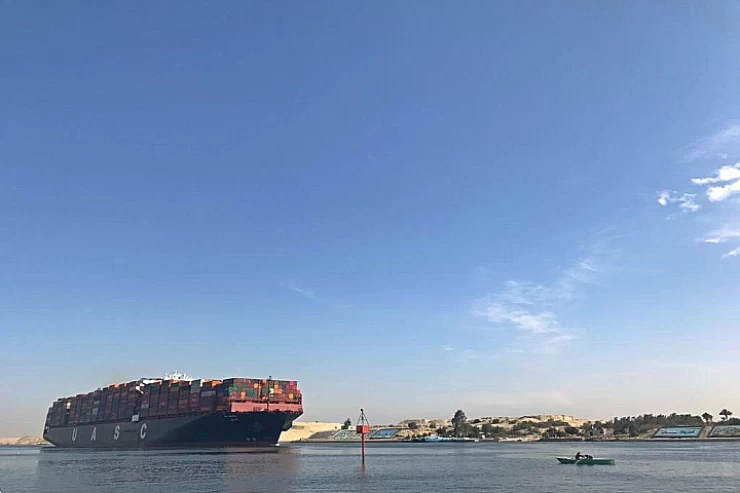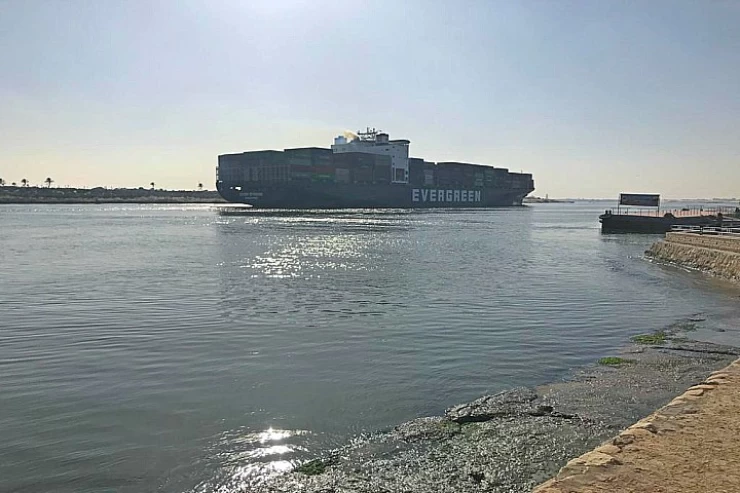
苏伊士省 | 苏伊士运河 埃及
苏伊士省是阿拉伯埃及共和国的省之一,位于苏伊士运河境内,其中还包括塞得港和伊斯梅利亚省,苏伊士省在行政上分为五个地区,分别是:苏伊士、四十、阿塔卡、费萨尔,
和艾因索克纳,这些地区约有728,180人。 根据2018年的统计数字,苏伊士省的标志以车轮或齿形齿轮的形状为代表,以反映该省工业部门的实力。
在车轮的中间是一个红色的火焰,这表明苏伊士省是埃及共和国石油工业和几家石油公司的主要总部。
苏伊士省以其重要的旅游部门为特色,每年约有256,972名游客参观苏伊士,因为这里有一群令人惊叹的景观,如西部的阿塔卡山、南部的法纳尔*阿布*达拉杰、苏伊士湾、东部的苏伊士运河、北部的湖泊和公园。
以下是苏伊士最着名的旅游景点:
艾因索赫纳:
艾因索克纳度假村位于瑞士湾的红海海岸,距离开罗市约一小时车程,拥有来自阿塔卡沙漠山的硫磺温泉,它代表了重要的国际旅游目的地和目的地。
摩西喷泉:
摩西喷泉距离Ahmed Hamdi隧道南部约25.74公里,该隧道有12个泉水,其中7个至今仍在运行。 这个绿洲在公元十九世纪代表了西奈半岛最大的绿洲,一些社区出现在这些泉水周围的地区。
红海的最北端在西奈半岛分为两个海湾:东部的亚喀巴湾和西部的苏伊士湾。 从山脉海峡到埃及城市苏伊士,距离314公里(195英里),海湾宽度在19-32公里之间,苏伊士运河作为苏伊士湾和地中海之间的重要航运路线运营。
Suez Governorate is one of the governorates of the Arab Republic of Egypt, which is located within the territory of the Suez Canal, which also includes the governorates of Port Said and Ismailia, and the Suez Governorate has been divided administratively into five regions, namely: Suez, Forty, Ataqa, Faisal,
and Al-Janayen, and these areas are approximately 728,180 people. According to the statistics of 2018, the emblem of the Suez Governorate is represented by the presence of a shape in the form of a wheel or a toothed gear about the strength of the industrial sector in the governorate.
and in the middle of the wheel is a red flame, an indication that the Suez Governorate is a major headquarters for the petroleum industries and several companies in petroleum in the Egyptian Republic.
Suez Governorate is characterized by its vital tourism sector, as it is visited by approximately 256,972 visitors every year due to the presence of a group of stunning landscapes, such as Mount Ataka located in the west, Fanar Abu Al Daraj in the south, the Gulf of Suez, the Suez Canal in the east, lakes, and parks in the north.
The following are the most prominent tourist attractions in Suez:
Ain Sokhna:
Ain Sokhna resort is located on the Red Sea coast on the Swiss Bay, about an hour's drive from the city of Cairo, it has sulfur hot springs coming from the desert mountain of Ataka, and it represents an important international tourist destination and destination.
Moses fountains:
Moses fountains are about 25.74 km from the south of the Ahmed Hamdi tunnel, which has 12 springs, 7 of which are still operating to this day. This oasis represented the largest oasis in the Sinai during the nineteenth century AD, and some communities appeared in the area around these springs.
The northernmost part of the Red Sea is divided into two Gulfs in the Sinai Peninsula: the Gulf of Aqaba in the east and the Gulf of Suez in the western corner. From the strait of mountains to the Egyptian city of Suez, with a distance of 314 km (195 miles), the width of the Gulf ranges between 19-32 km, and the Suez Canal operates as an important shipping route between the Gulf of Suez and the Mediterranean.
in the middle of the wheel is a red flame, an indication that the Suez Governorate is a major headquarters for the petroleum industries and several companies in petroleum in the Egyptian Republic.
Suez Governorate is characterized by its vital tourism sector, as it is visited by approximately 256,972 visitors every year due to the presence of a group of stunning landscapes, such as Mount Ataka located in the west, Fanar Abu Al Daraj in the south, the Gulf of Suez, the Suez Canal in the east, lakes, and parks in the north.
The following are the most prominent tourist attractions in Suez:
Ain Sokhna resort is located on the Red Sea coast on the Swiss Bay, about an hour's drive from the city of Cairo, it has sulfur hot springs coming from the desert mountain of Ataka, and it represents an important international tourist destination and destination.
Moses fountains are about 25.74 km from the south of the Ahmed Hamdi tunnel, which has 12 springs, 7 of which are still operating to this day. This oasis represented the largest oasis in the Sinai during the nineteenth century AD, and some communities appeared in the area around these springs.


















